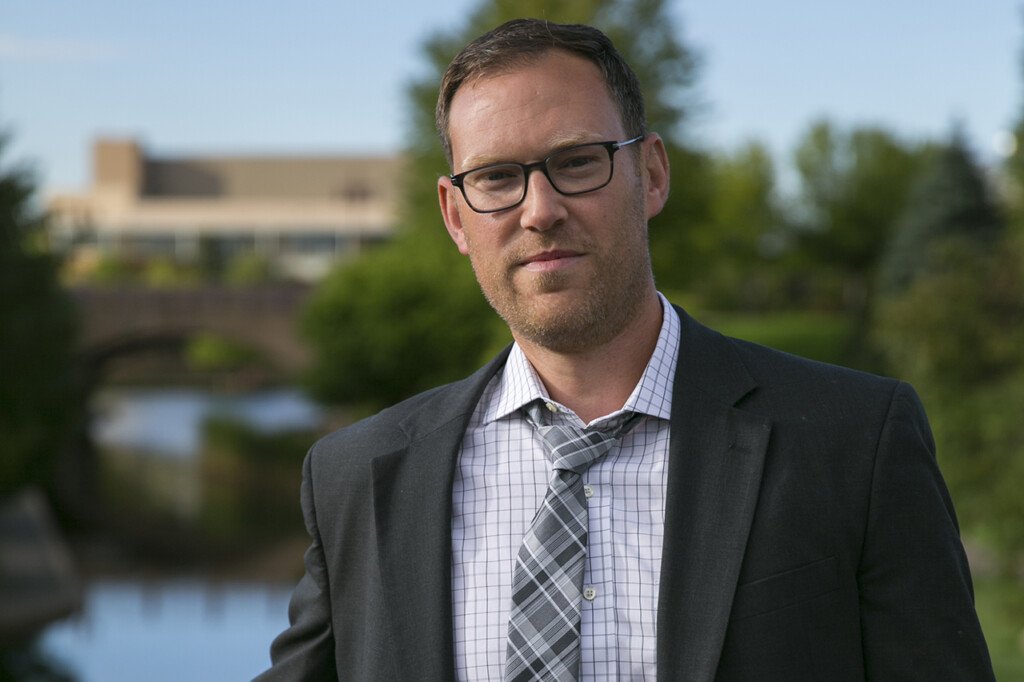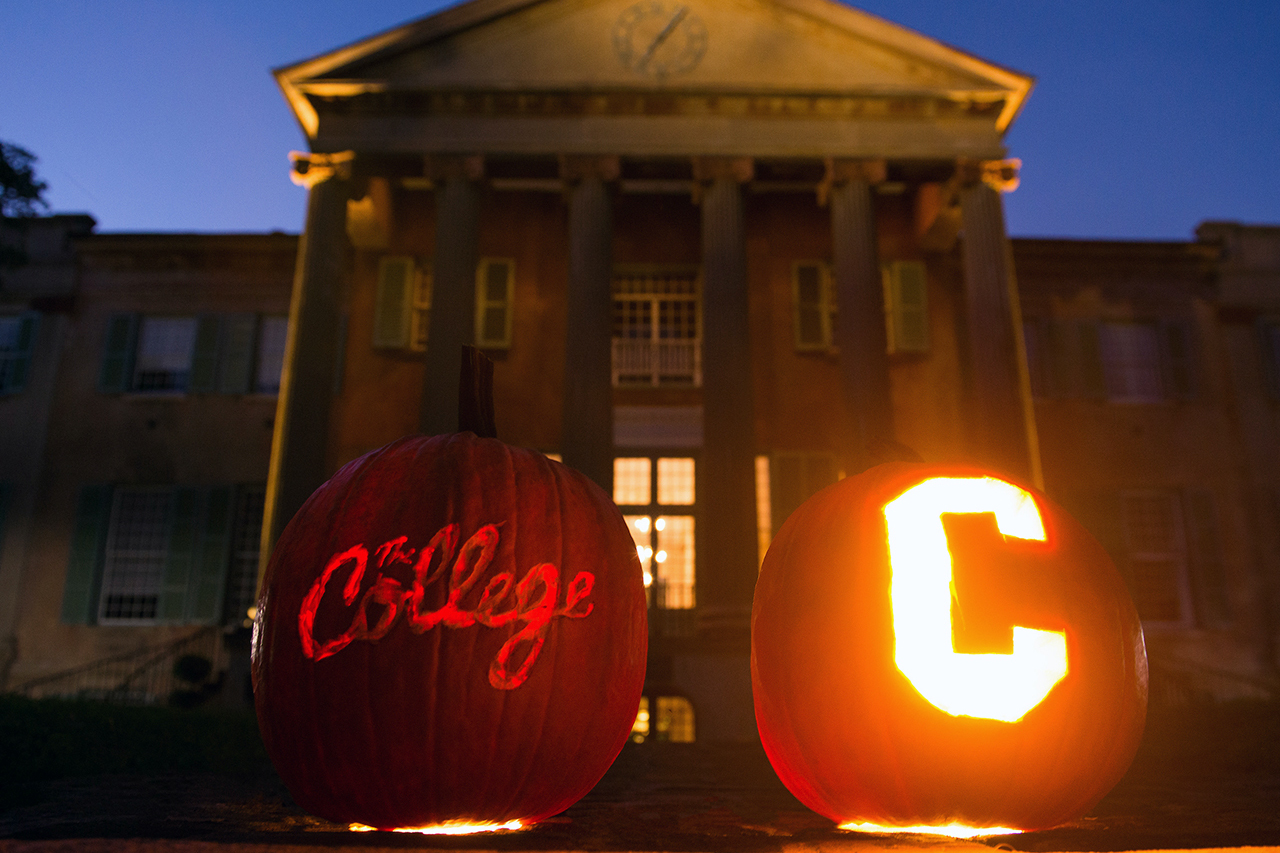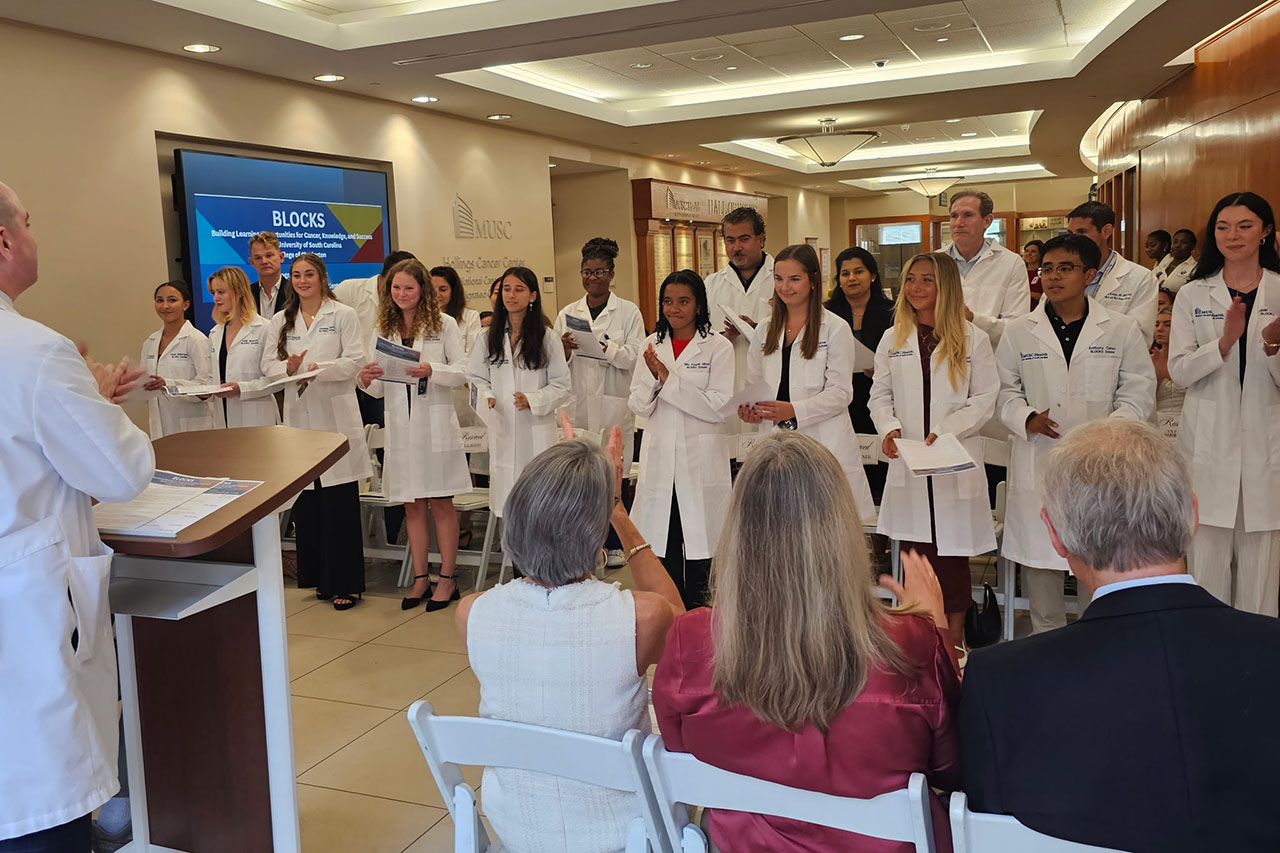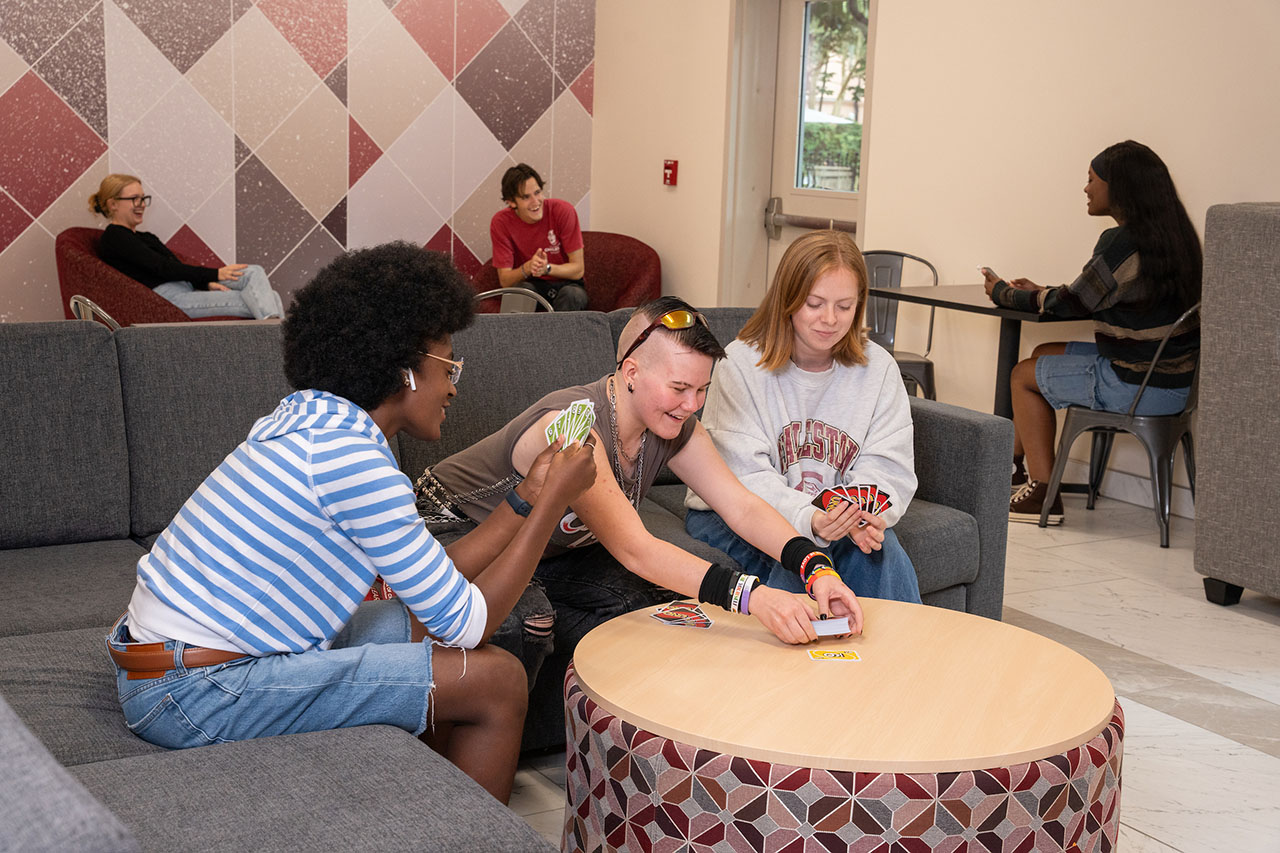CofC Professor Explores Disagreements in New Podcast
Communication professor Mike Lee talks about his new podcast, "When We Disagree."

The College Today sat down with communication professor Mike Lee to talk about his recently launched podcast, When We Disagree, which is focused on powerful, human stories about arguments, conflicts and disagreements.
Lee has been researching political communication at the College of Charleston since 2008 and is the inaugural director of the Civility Initiative, which features panels, debates, speakers and workshops that promote communal engagement and healthy disagreement. The Civility Initiative has sponsored/co-sponsored numerous events about issues of cultural fight (polarization, bigotry, free speech, etc.) and flight (withdrawal, alienation, isolation, mental health, etc.).
“In addition to starting When We Disagree,” says Lee, “I hope to make the Civility Initiative a permanent part of the culture of the College of Charleston.”
Listen to the first episode of the podcast and find out what Lee has to say about the inspiration and vision for When We Disagree below!
Where did the inspiration for the When We Disagree podcast come from, and why do disagreements matter?
I’ve always been fascinated by arguments of all kinds, why people have them, how they win them, how they lose them, how confusing they can be and how they make us feel. Part of the fascination is that disagreements are fundamentally a fact of life; many of us think we can avoid them, but that’s wishful, perhaps avoidant, thinking.
But disagreements aren’t universally good or bad either. They can be vital and constructive or distracting and destructive. I think we can both find ourselves and lose ourselves in disagreements.
I was so enamored with the exchange of ideas in arguments that I traveled around the country on the debate team in high school and college. My first job after getting a Ph.D. in communication was here at the College, and I’ve been teaching a variety of courses, including a course on argumentation, since then. I’ve also written two books about arguments: one focused on how American conservatives disagree over the meaning of conservatism, and another focused on debates about the role of secession and separatism in American political history.
In one of the inaugural episodes you speak to CofC sociology professor Heath Hoffman about a family disagreement. What can listeners expect to learn about on future episodes?
Listeners can expect to hear powerful stories of disagreements that changed people’s lives. The show is a reflection on what disagreements mean to all of us, one story at a time.
Are there any common themes to the arguments?
When We Disagree is a very young show, so just a few themes are emerging. We’ve recorded 20-30 episodes, and only a few have been released. Even in these few episodes, we’ve had guests tell stories of political, personal, philosophical and professional disagreements. One consistent theme is that many guests have made sure to note that they aren’t argumentative or disagreeable people, and they have also mentioned that they often go out of their way to avoid arguments.
Everyone has a story, and When We Disagree would like to hear yours. The show is always looking for guests from all walks of life. If you would like to be on the show, reach out on Instagram (@whenwedisagree) or via email [email protected].



